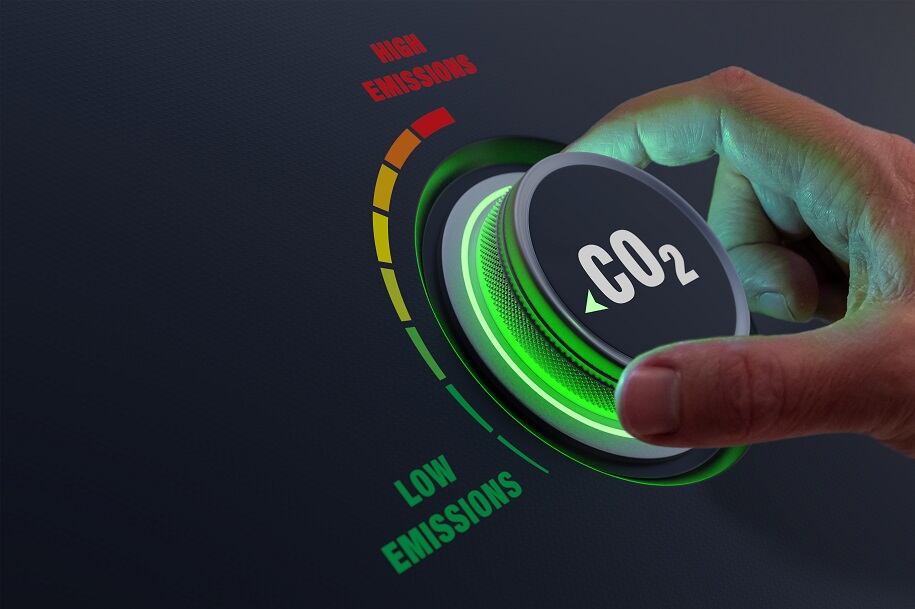According to the FDFs latest Ambition 2025 progress report, since 1990 its members have lowered CO2 emissions by 58% and cut water consumption by 39.4%. FDF said this meant that it has successfully contributed to an industry-wide target to reduce water use by 20%.
The Ambition 2025 initiative forms part of the FDF’s goal for the food and drink sector to achieve net zero carbon emissions by 2040 – a decade earlier than Government targets.
The news comes after the UK Government published its Net Zero Strategy: Build Back Greener in October last year, building on aspirations for the UK to reach net zero carbon emissions by 2050.
There is increasing pressure on food and drink manufacturers to move towards net zero in the wake of the Government report.
Collaboration
However, the FDF has said to make a real difference, the sector needs to collaborate with Government and other partners across the farm to fork food chain to create a truly sustainable food system that is fit for the future.
The FDF said it had stepped up its engagement with Government and key stakeholders over the past 12 months. As part of this it is urging the UK Government to ensure legislation continues to allow chemically recycled plastic to be used in food packaging. It is also calling for it to be recognised in the mass balance calculations for the plastic packaging tax, which kicks in from next month.
The FDF said it also supported the need for all plastic films and other plastic flexibles to be included in Consistent Collections, which ensures that all local authorities collect the same suite of materials.
It is also calling for the Government to make Extended Producer Responsibility, where the manufacturer of the product is responsible for the entire life cycle of the item, efficient and cost-effective for business.
Net Zero
Director of sustainability at the FDF Nicki Hunt said: “Food and drink manufacturers continue to work hard to ensure that we are firmly on the road to net zero as well as reducing our environmental impact by improving our water efficiency and in taking significant steps to improve the recyclability of our packaging.
“This is critical for the sustainability of our sector in the short, medium and longer term, and we know how important this action is for consumers, communities and our own employees.”
Last year, the FDF reviewed its 'Ambition 2025 - Shaping Sustainable Value Chains' project to deliver a more sustainable food system. It included a strengthened target for reducing CO2 emissions as well as enhanced targets around water use, reduction of food waste, use of more sustainable packaging and the reduction of emissions from transport.




